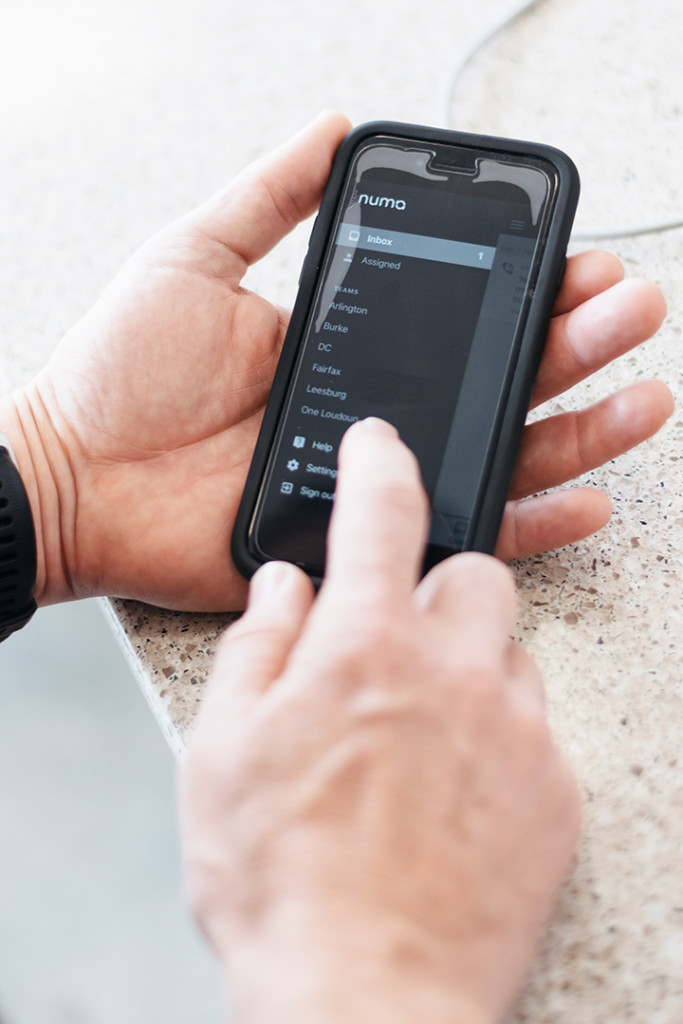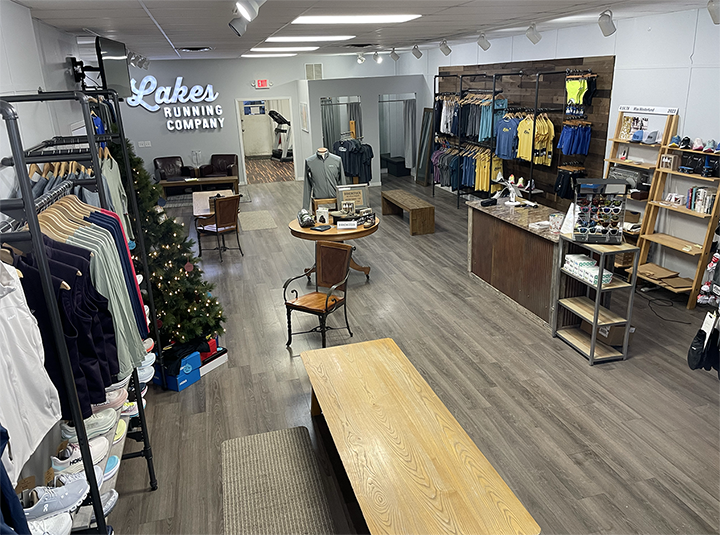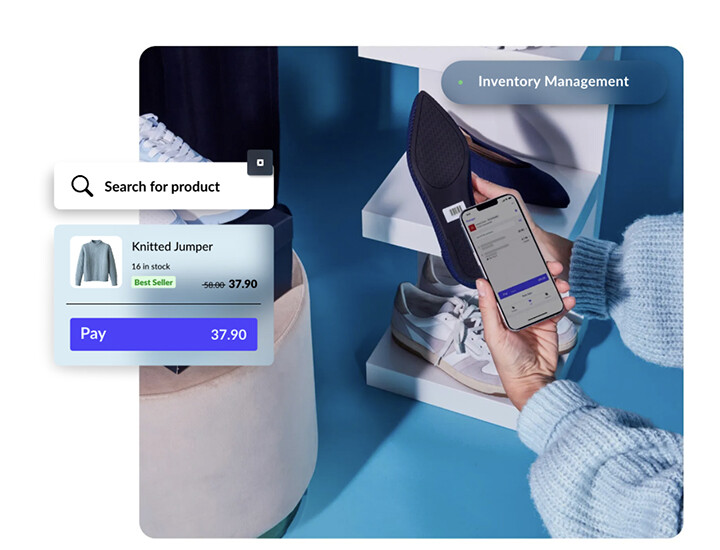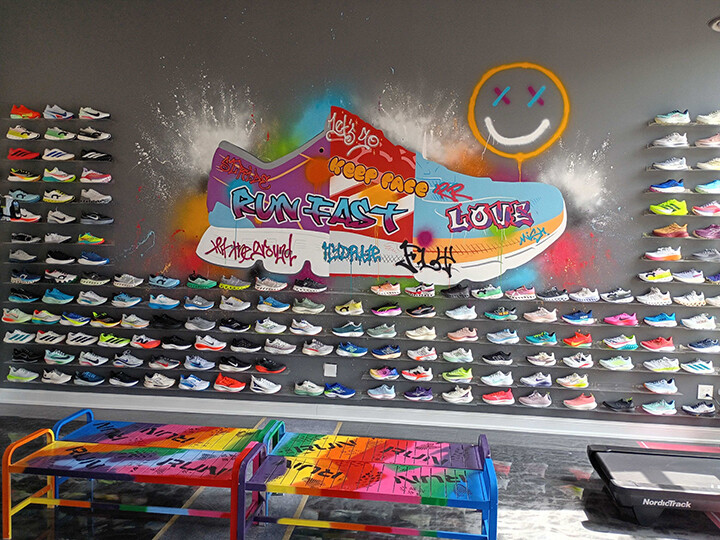As the entire world shifts in ways never imagined, there are hints of hope as businesses begin to reopen. However, these reopenings come with various new restrictions — limits of the number of people in a store (if they are even allowed inside at all at this point) is one of the key limitations retailers are forced to deal with.
But out of the pandemic-mandated closings came a new idea that has been rapidly adapted by run retailers — curbside pickups. This is allowing retailers to at least partially get back to selling product while gradually heading towards more traditional retailing. And it is proving to be successful enough that many believe the practice will remain part of a retail landscape even as things get back to “normal.”
In the past, there was very little demand to pick up items without entering the store. In fact, retailers wanted people to actually come in the store to look around, buy something and possibly be upsold a pair of socks or some nutrition items.
But in a post-COVID-19 world, to ensure social distancing and take the right precautions it’s now critical to shift the way items are sold to be able to protect employees and customers and stay in business. Already adopted by the likes of Target and Walmart and most other larger retailers, the concept of what has been called “BOPIS” (Buy Online, Pick Up in Store) has found a foothold at run retail.
Putting Together a Curbside Program
Offering a BOPIS curbside pickup program can be a great alternative to allowing customers in stores. Some owners simply ask people to call when they arrive. If sales are infrequent, this method is sufficient, but many running retailers are finding that the demand is increasing with an uptick in outdoor exercise. Still, it’s difficult to justify keeping a full staff roster just to answer the phone.
A way to avoid this problem is to use a curbside or texting tool that can assist with limited staff and give customers a smoother curbside experience.
Ray Pugsley, of Potomac River Running, uses technology from Numa (https://www.numahelps.com/for/curbside/start.) to coordinate with customers via text. The service has customizable automatic answers that shepherd callers to online ordering and through curbside pickup coordination. Once the customer arrives, Pugsley’s team gets a notification on the Numa app, which saves his staff from having to be by the phone.
“When we only have one person in the store, it’s really hard to get to the phone,” Pugsley says. “Someone might be in the back room and doesn’t hear it. But a lot of people are calling. We don’t want to miss a single sale right now.”
Other retailers put up signs that say “text us” when customers are not allowed in the store or location.
Pugsley is an example of an owner who is experimenting with different methods among his stores in different locations. He warns to ensure that a curbside option is right for your customers before setting it up. It’s important to pause and ask, in your geography, what would make customers most comfortable?
In some locations, a car-only curbside program is necessary to make everyone feel safe at a distance. In others, consumers would like to come in the store, but can only do so with one or two people at a time. Offering online purchasing and curbside pickup to foot traffic can be advertised in the store’s window and in the voicemail message, reducing the need to wait to make an in-store purchase.
Technology such as Numa’s can make all customer interactions safe and socially distanced. While it wasn’t always necessary before the pandemic, Internet-based technology has become crucial to doing business, which Pugsley considers a silver lining.
“It forced us to get our act together on technology — like setting up a credit card processor to send payment verification via e-mail so that customers can add payment information themselves, which makes them feel very comfortable,” he says.
While there are still devastating losses across the world, it’s the right moment to consider new technology, look forward and experiment with solutions such as BOPIS to start doing business again while keeping staff and customers safe.






